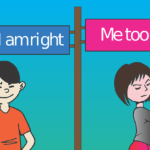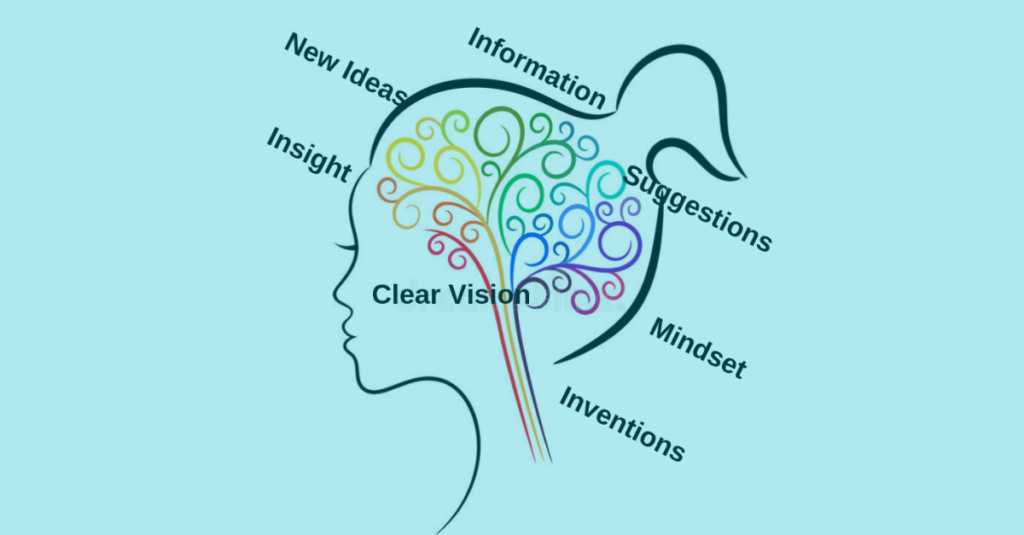 Pure science, it is said, is involved in the exercise of continuously proving itself wrong. That’s how new discoveries, breakthroughs, and apparent miracles happen.
Pure science, it is said, is involved in the exercise of continuously proving itself wrong. That’s how new discoveries, breakthroughs, and apparent miracles happen.
At one point in history, the Earth was the center of the universe. Everybody knew it. And they were right… at the time… with the data at hand.
At one point the Earth was flat. Flat Earthers were right too.
At one point Pluto was a planet. It might be again, I’m not sure.
At one point—even in my lifetime—I knew that the atom was the smallest particle.
See how science is almost always proving itself wrong? It could make you wonder what other concrete truisms will evaporate in our lifetime, couldn’t it?
How does his happen?
Fortunately, the discipline of “pure” scientific research (I’ll explain the “pure” reference in a bit) allows all its participants to continuously doubt the current wisdom. That’s about the only way new stuff is uncovered.
“Pure science” for me is scientific research unaffected by funding sources.
In our modern-day world, funding sources often (although not always) have agendas tied to their purse strings. They want the labs at Such-and-Such University to find that their vaping product is totally safe for consumption. Or that global warming is real and that we’re all going to die in the next 15 years. Or that it’s not real and we can go on burning fossil fuels ’til the cows come home (and then there are the effects of cow methane… don’t get me started!).
I digress. When I find people who claim to “know” they are “right,” I understand I am listening to their “knower/judger” (K/J) interpretation of reality. They’re regurgitating what they’ve absorbed through education, life experiences, or even rumor. Being “right” is a state, I believe, that we all aspire to. I think we all like to feel we “know” what’s going on and what’s “right.”
But is it?
Half my friends “know” Donald Trump is a thieving, cheating, bullying person who gets his way by intimidation and strong-armed tac
The other half of my friends “know” that he’s placed the country in its best economic position in 50 years, with corporate values at all-time highs and all sectors of unemployment at all-time lows.
We’re talking about the same person here.
There’s an old parable about blind men who encounter an elephant. Some see it as a snake (because they’ve discovered its tail). Some see it as a tree (they’ve discovered the leg). Some see it as a sheet of leather (that’s the ear). Remember that they’ve all encountered the same elephant.
Now, on a lot of subjects two folks can disagree and still remain civil. Most St. Louis Cardinals and Chicago Cubs fans come to mind.
However, when we claim some moral high-ground, I’ve seen the need to “be right” incite people to combat. And then not only is one of the combatants right but the other is then automatically considered wrong! The Trump debate, for example, has grown into a battle for the moral high-ground, has it not?
I’ve recognized some pretty concrete “rights” in my own K/J. And then I also have some flexible ones—ones for which I can see new data and then alter my interpretation. What’s the difference between the concrete and the flexible rights? The former “locked-in” type is drilled down so tight that I’m likely to assume my “right” is also the other person’s “right” (i.e., we share the same belief about what is true), and if it’s not, then that other person is “wrong.” The more flexible type is likely not that critical to me (i.e., I won’t battle to convince others to agree).
But what if my concrete “right” interpretation is actually not accurate? What if I don’t have all the data? If I have the wherewithal to doubt my “correctness,” then I can actually learn something—at very least I can learn that another interpretation is possible. Or, with the data available, I can learn that I am actually right. Either way, I can learn that other folks interpret things differently from me.
In this time of holiday stress, I’m reminded of Dr. Wayne Dyer’s quote, “When given the choice between being right and being kind, choose kind.”
And in that moment, when not defending my “rightness,” I might even see some new data, another perspective, and learn something.
I wish you a merry and kind holiday season.


